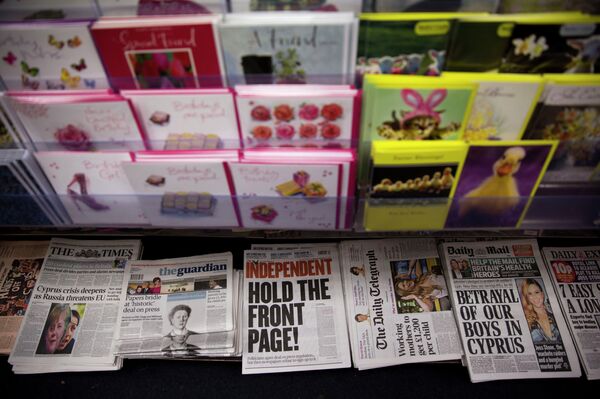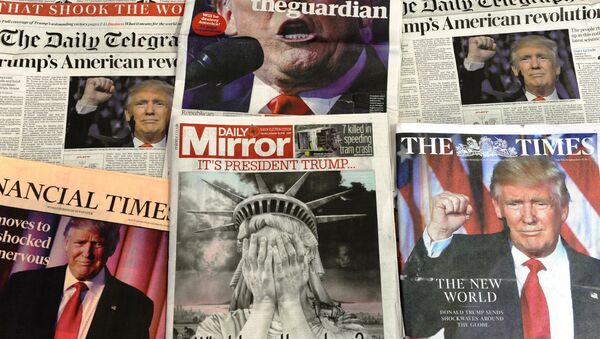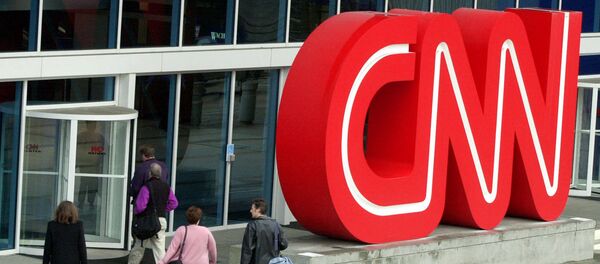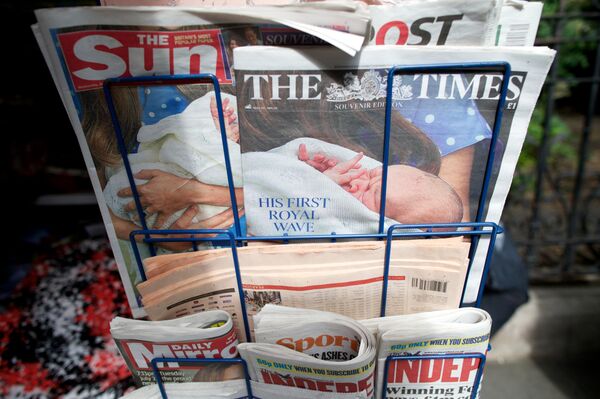Journalism as a whole has suffered greatly over the years with the arrival of online media, which is cheap and has a quick turnaround compared to print. And the forecasts for print media have been gloomy.
The new president of the US, Donald Trump has already waged war on the media, denouncing the majority of it as "fake news."
Trinity Mirror:
— Louise Cooper (@Louiseaileen70) 10 January 2017
Launched New Day-lasted 2mnths
Outbid to buy i
Spent £220mn buying regional papers
Tough industry.
Former editor-in-chief of the Guardian, Alan Rusbridger said that the potential of there being no verifiable news source is a credible one and could happen:
"I think, we have to face up to the prospect that for first time since the enlightenment, you are going to have major cities in the UK and western democracies without any kind of verifiable source of news. That hasn't happened for 200-300 years and I think; it is going to have very profound implications."
Rusbridger's comment raises several questions regarding the future of the media industry, looking at whether print will die and if the market for paid news is failing fast, as readers satisfy their need for news via the online market place.
2017 Deals
2017 seems to have already lifted the spirits of the media industry to some degree. Immediate Media, who publish major UK titles such as Radio Times, announced that they had been acquired by Germany's publishing company, Hubert Burda for around US$335 million.

The former editor of the infamous newspaper, News of the World, David Montgomery is said to be in talks alongside Trinity Mirror, who own the UK tabloid newspaper, the Daily Mirror and several other publications, to take over Richard Desmond's dynasty of papers, which includes the Daily Express, Daily Start and OK! Magazine.
Despite these deals, print media is not entirely out of troubled waters.
The first deal of 2017 came as a result of a the magazine publisher Team Rock going into administration in December 2016, leaving almost 100 employees without a job just before Christmas. As a result, publishing firm Future purchased titles such as Classic Rock and Metal Hammer for US$996,000.
In a recent interview, Future chief executive Zillah Byng-Thorne said that there is a structural change taking place in the market place with so many mergers and aquisions (M&A): "I think [the level of M&A in the industry] is definitely a reflection of what's going on structurally in the market place […] when you have a period of structural decline, what happens is there is naturally a re-consolidation."
Another example has come from the UK best-selling print publication, the Daily Mail, whose publisher DMGT is in the process of selling down its stake in business-to-business company Euromoney.
Daily Mail And General To Reduce Stake In Euromoney Institutional Investor https://t.co/ZawJYUh1ka
— M&A Navigator (@manavigator) December 14, 2016
In addition, shrinking advertising budgets have contributed to revenue pressures on the print media sector who rely heavily on advertising to help boost their profits.
According to eMarketer, UK print advertising expenditure has fallen every year since 2008, when it totaled US$6 billion, with US$4.2 billion spent on newspapers and US$1.7 billion on magazines.
Advertising revenue 1950-2014. US newspapers vs. Google, Facebook. In bn. US$, inflation adjusted. Data source: NAA, Statista. pic.twitter.com/M7WSguyxGJ
— Chris Lüscher (@iA_Chris) November 28, 2016
"I think this is a 12 to 18-month period which will catalyze a wave of consolidation in the UK print publishing sector, it's sort of started already, but I think there's a lot more to come," said Alex DeGroote, a media analyst at Peel Hunt.
With all the doom and drop in revenue sales, the deals are still coming in and 2017 just may be the year to help save certain parts of the media sector — if it needs saving that is.




